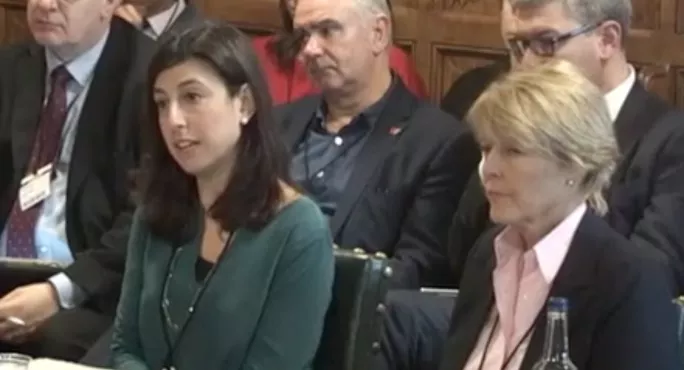MPs have challenged how the Department for Education-funded organisation designed to help schools with careers support spends its money.
The chief executive and chair of the Careers and Enterprise Company (CEC) were grilled by members of the Commons Education Select Committee this morning. It followed a session in May when one MP descried the organisation as a “woeful waste of public money”.
During today’s session, MPs also questioned whether the CEC was making good use of its own research, and whether any hard data existed to show the impact the organisation has had.
Labour MP Lucy Powell asked why £2.6 million of the CEC’s budget was spent on pay.
She told the witnesses: “You have got to demonstrate the impact that justifies a lot of the salaries that are more than a headteacher, more than a member of Parliament, more than a senior civil servant earns.”
CEC chief executive Claudia Harris said salaries represented 15 per cent of the organisation’s total spend, and were signed off by the DfE.
She stressed that its staff oversaw a national network of schools and colleges, and added: “We run a really tight ship in terms of the way we spend the money.”
And when asked about Ms Harris’ £135,000 salary, CEC chair Christine Hodgson said the role had been advertised at £185,000, but Ms Harris “volunteered a £50,000 reduction”, which meant she was paid significantly less than when she was working in the private sector.
Committee chair Robert Halfon questioned the organisation’s decision not to seek private sector sponsorship for conferences.
He cited a £158,000 conference in Newmarket and an event at KidZania, and added: “I can’t really see how that can be justified at a time of public sector constraint.”
Ms Harris said her organisation had found £16m of match funding from groups such as the Bank of America, but added that the CEC “asks businesses and employers right now for their time, which is why we have not asked for sponsorship”.
She added that the CEC “may ask for sponsorship going forward”.
MPs also questioned the amount of money the organisation spent on its own research, amid claims that it had funded programmes that did not follow the research findings.
Mr Halfon quoted a CEC research report that said mentoring relationships that last fewer than six months showed few effects, and that “some researchers argue that short mentoring relationships can actually be harmful”.
He then listed providers funded by CEC that offer programmes lasting less than six months, and asked: “What’s the point of spending a lot of money on research reports and then not following through your own conclusions?”
Ms Harris said that some programmes took a “broader way of working in mentoring” and the CEC looked at what they had achieved historically.
MPs also reiterated concerns they raised in May about a lack of quantitative data about the CEC’s outcomes.




